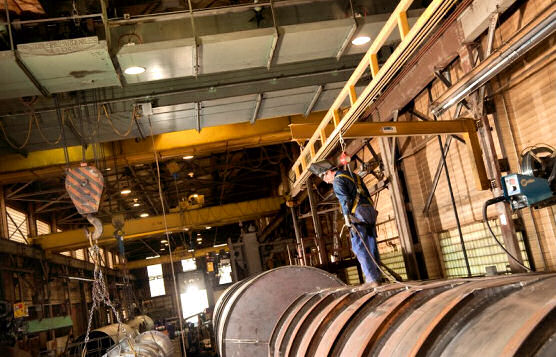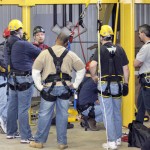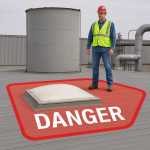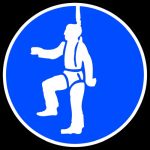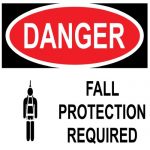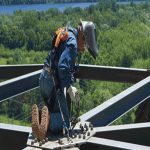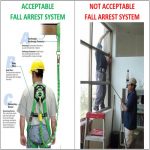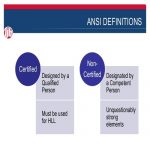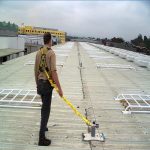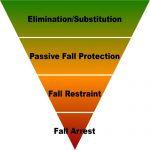Turnkey Fall Protection Projects from Start to Finish
From Inspection to Installation: A Turnkey Project Walkthrough
Fall protection made simple — because you’ve got enough on your plate.
At FallProof Systems, we don’t just design safety solutions — we deliver them, from your
first call to the final bolt.
If you’ve never partnered with us before, here’s what you can expect from a turnkey fall
protection project.
Step 1: Site Inspection and Hazard Assessment
We walk your facility, take measurements, and identify both compliance issues and
operational risks. Our team documents hazards you may not have even considered.
Step 2: Engineering and System Design
Once we understand the space, we design a system that fits — structurally and
operationally. That includes load analysis, OSHA compliance, and workflow
considerations.
You’ll receive:
-Engineered drawings
-Anchor point layout
-System specs and materials
Step 3: Fabrication and Delivery
Our in-house team fabricates custom components to your exact specs — rails,
brackets, mounts, platforms — ready to install with minimal downtime.
Step 4: Installation and Training
Our trained installers show up, get to work, and leave your facility safer than they found
it. We also provide user training and documentation to close the loop.
Why Go Turnkey?
-Single point of contact
-No finger-pointing between vendors
-Faster timeline and better accountability
-Seamless compliance
Schedule your free fall protection assessment »
Let’s get started: (609)-325-5555
Final Thought
You don’t need a dozen vendors — just the right partner. From walkthrough to walk-off,
FallProof is with you every step of the way.

